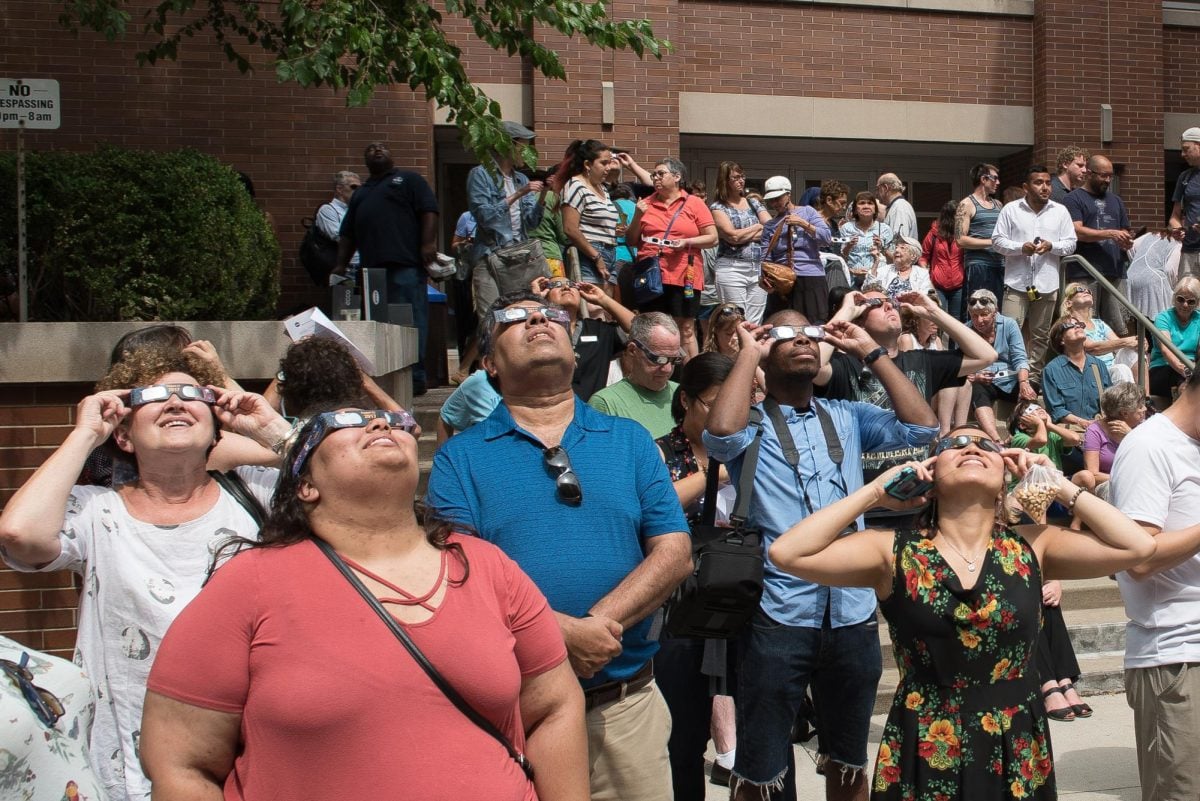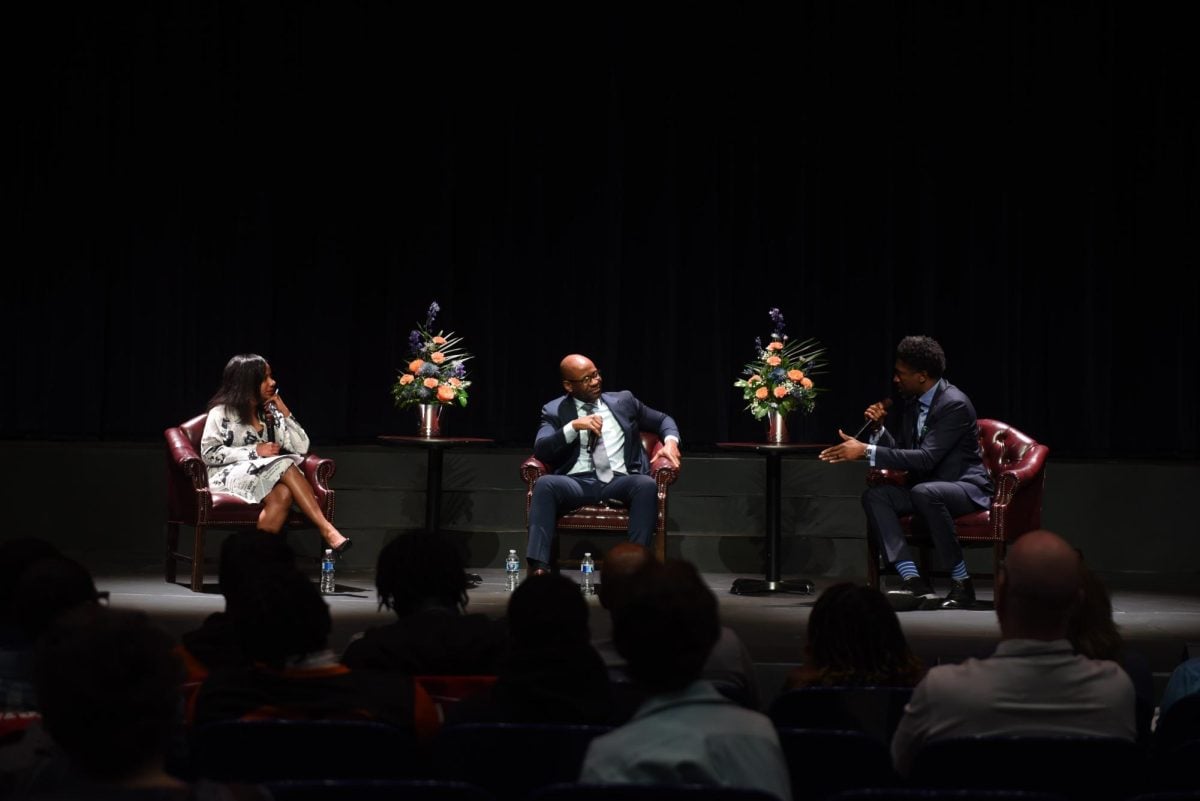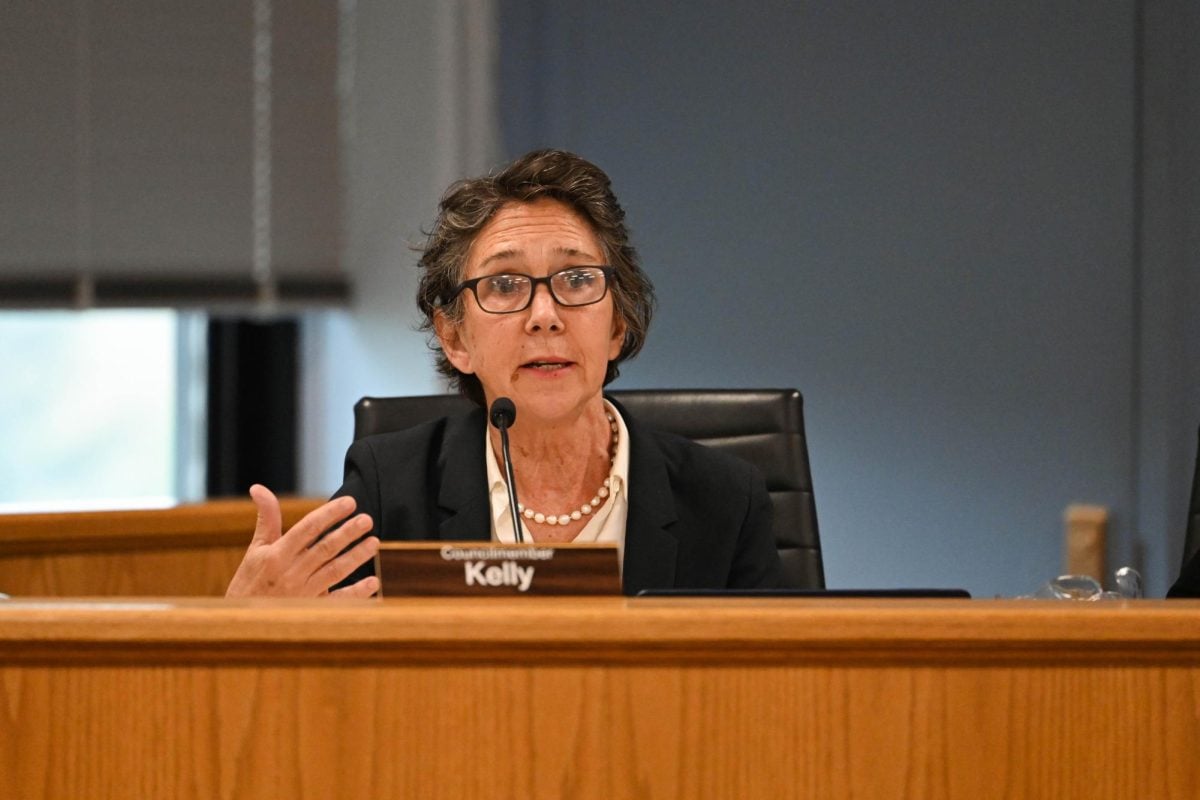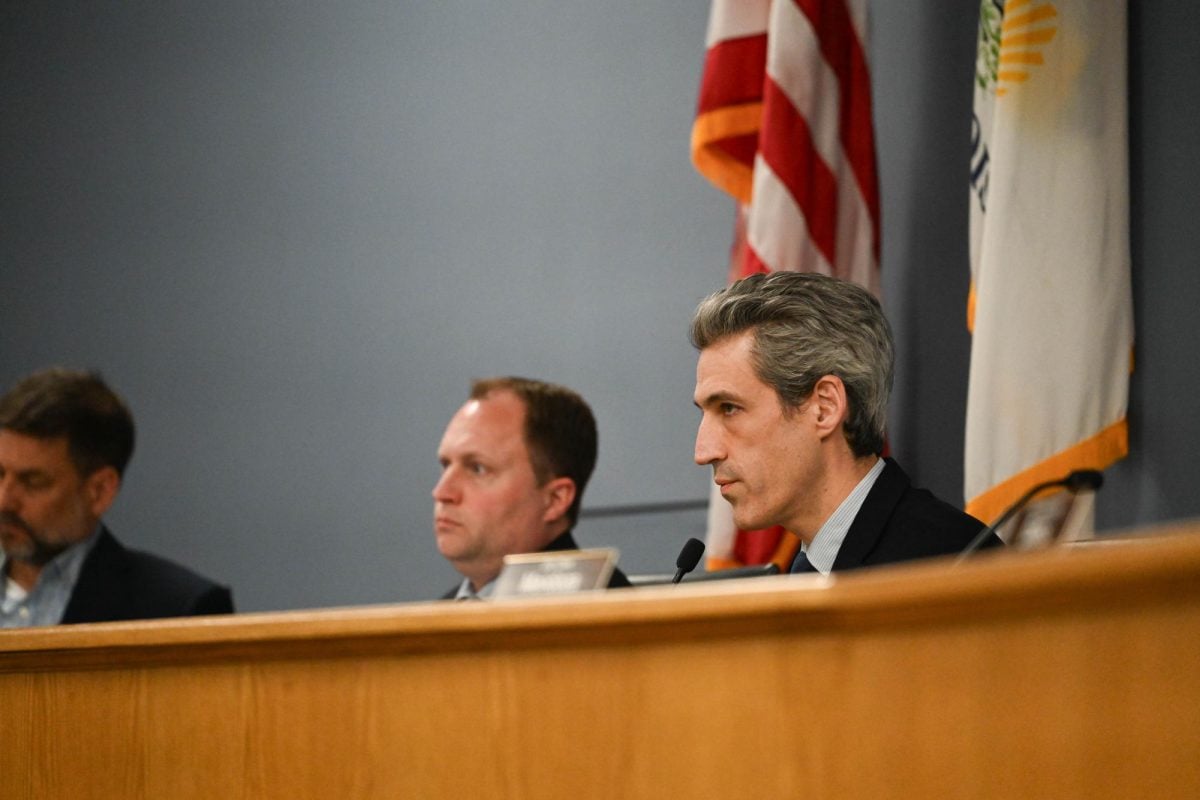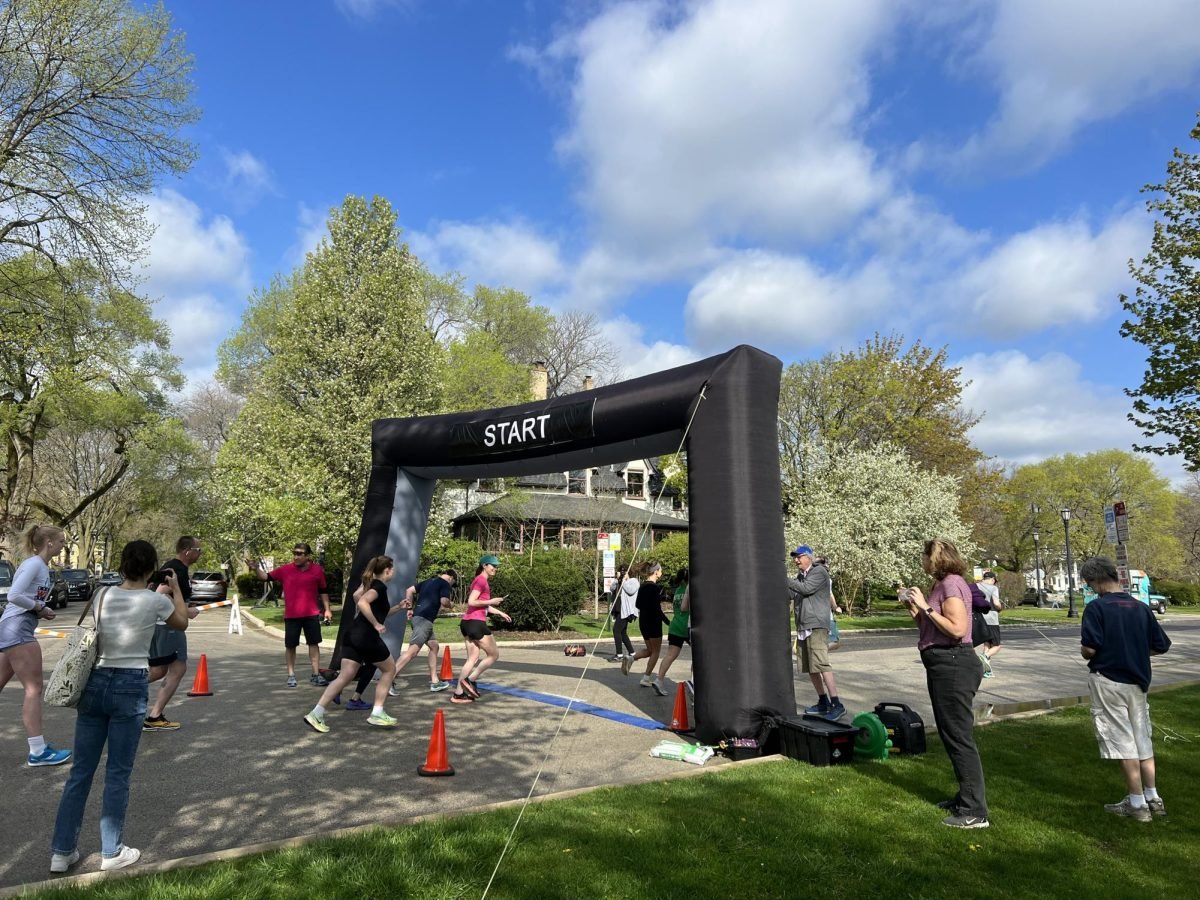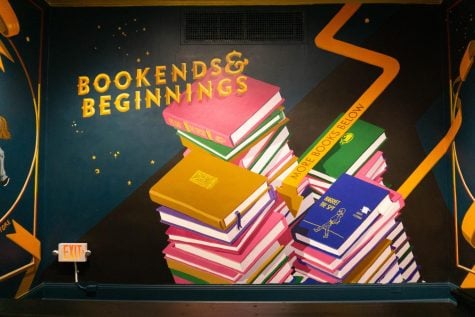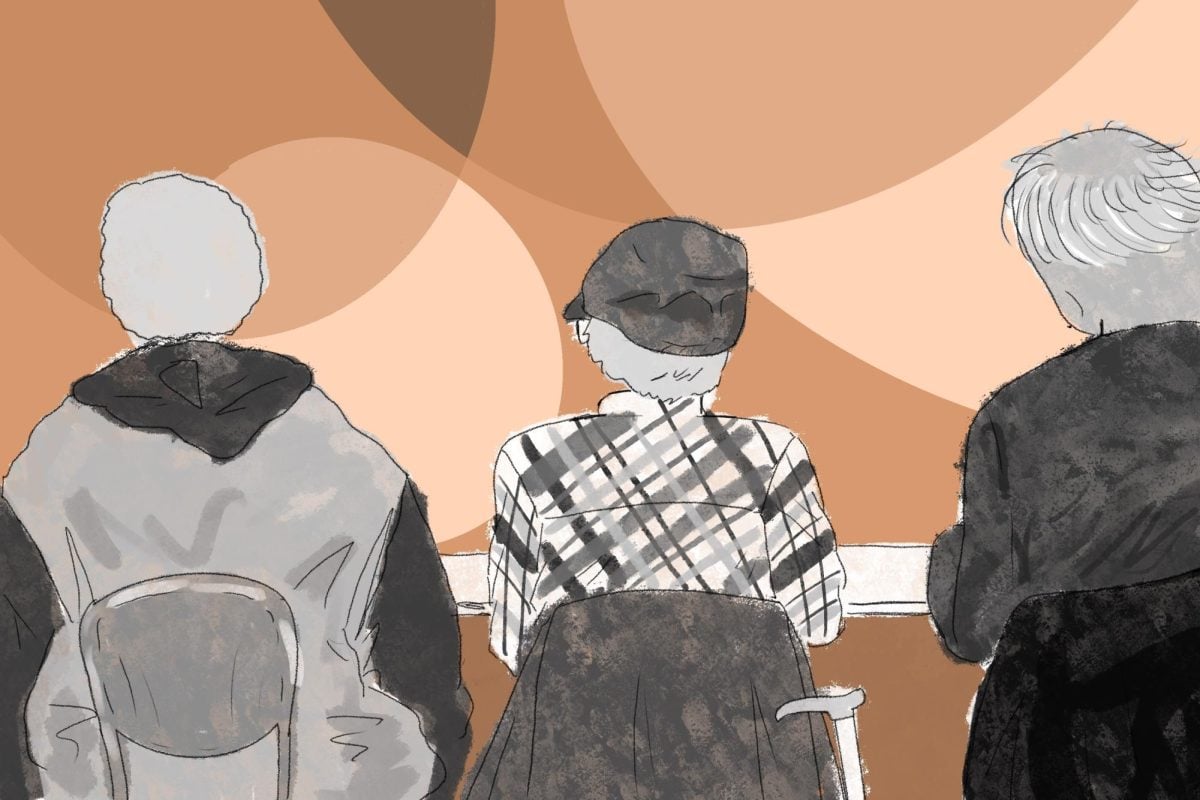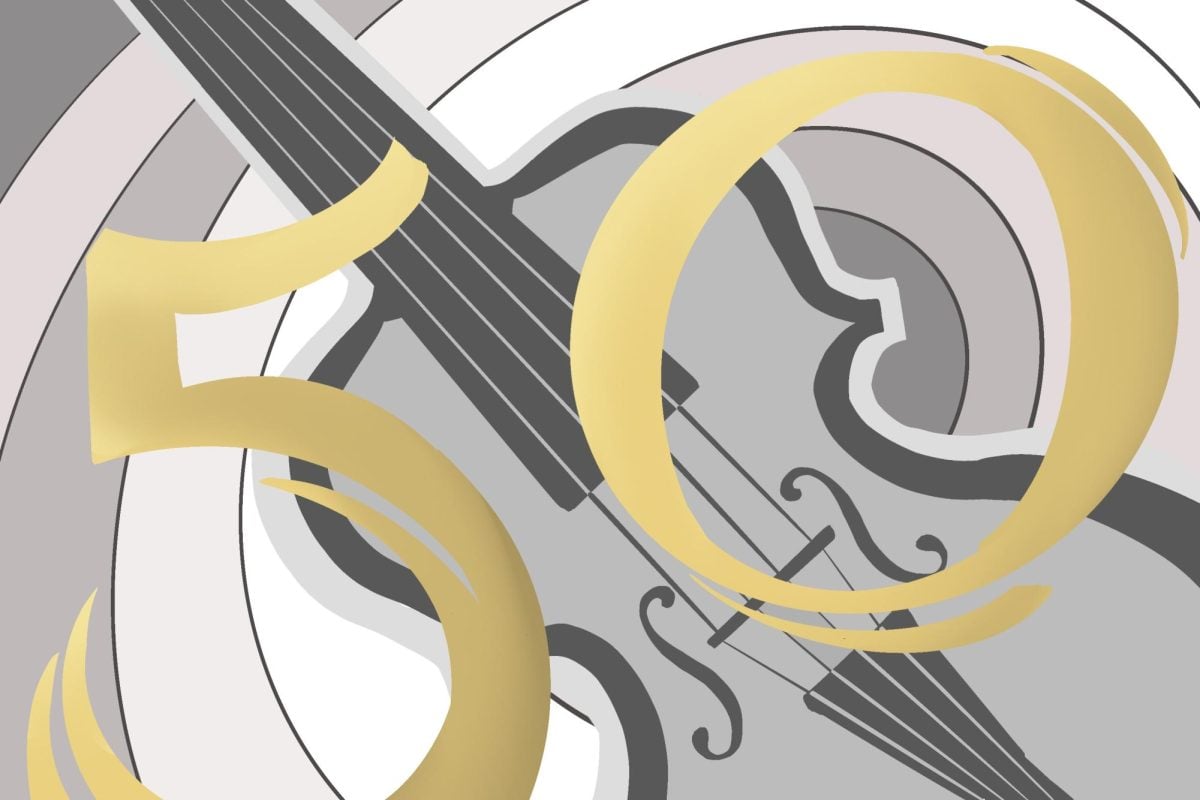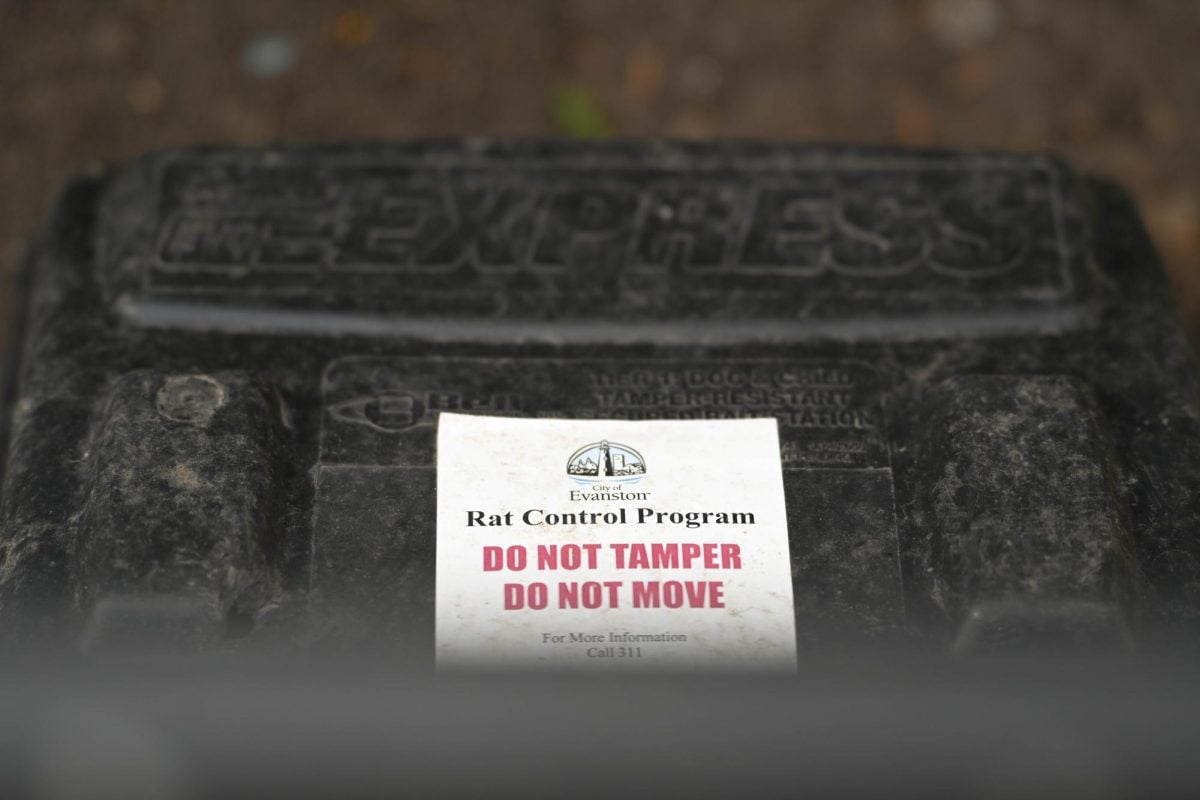This Saturday, Evanston Public Library will host an Eclipse Watch Party for residents to celebrate and view the solar phenomenon.
As the moon moves in front of the sun during its orbit, it will block part of the sun’s light and initiate the partial eclipse. The eclipse will begin at about 10:37 a.m. and end around 1:22 p.m. in Evanston. At its peak, the partial eclipse will obscure over 40% of the sun.
If the weather permits, the partial eclipse will be visible to residents in Evanston.
Residents can register online to pick up two pairs of approved eclipse glasses per family at EPL’s Main Library or the Robert Crown Branch Library. Eventgoers should expect to arrive at one of the libraries at 10:30 a.m. to catch the eclipse.
Children’s Librarian Kim Daufeldt planned the event along with Branch Assistant Kellye Fleming. She said safety is a priority while viewing the partial eclipse.
“We’re only going to have about 43% coverage of the sun, so there’s never a safe time to look at the sun,” Daufeldt said. “That’s why handing out the glasses is so important. We want to make sure our patrons stay safe and yet still get to view this really cool thing.”
Daufeldt said the event will invite residents to step outside and view the partial eclipse but also create chalk art, pinhole viewers and cases to store glasses for future eclipses. EPL will also live stream the eclipse from a clear location, in case poor weather hampers residents’ ability to see the eclipse.
According to Jenette Sturges, EPL communications and marketing manager, the Eclipse Watch Party is part of EPL’s 150th Open House events on Saturday. EPL has been celebrating its 150th anniversary this year with events and activities for residents of all ages.
“These programs are really aimed at creating a library that is not just a stuffy place to read books. It is a place to gather and exchange ideas and spread good ideas throughout the community,” Sturges said. “It’ll be a good time.”
Dale Dellutri, an astronomy enthusiast and member of the Skokie Valley Astronomers, said the eclipse is an exciting opportunity for viewers to learn about astronomy.
“(Eclipses) can be educational opportunities because you can teach people about the reason that they’re occurring,” Dellutri said. “The moon orbits the Earth, and sometimes during that orbit, comes directly between the Earth and the sun. A shadow of the moon then falls onto the Earth, and that’s when the eclipse is. You’re in that shadow.”
According to NASA’s eclipse eye safety recommendations, viewers should never look directly at the sun. They should instead use approved eclipse glasses, a handheld solar viewer or an indirect viewing method.
One way to view the eclipse indirectly is to project an image of the sun on another surface by using a pinhole projector, such as an index card with a small hole poked through it.
Dellutri said he plans to view the partial eclipse with his family this weekend if the sun is out.
“There’s only certain times when everything lines up perfectly, usually it happens about twice a year, and not always where you are,” Dellutri said. “That’s why it’s so exciting.”
Email: [email protected]
Twitter: @LilyOgburn
Related Stories:
— Dearborn Observatory and CIERA host public viewing of total lunar eclipse
— Evanston Public Library celebrates 150th anniversary with yearlong programming
— Prof. Wen-fai Fong named one of Astronomy Magazine’s “Rising Stars in Astronomy”

